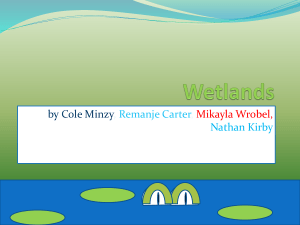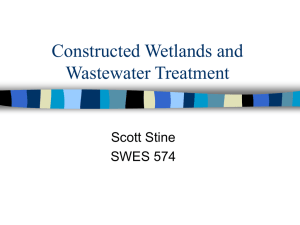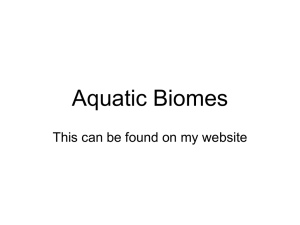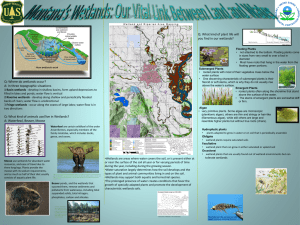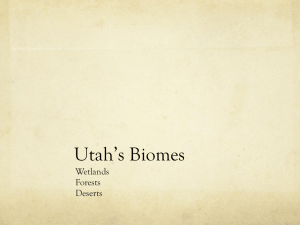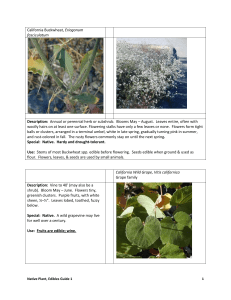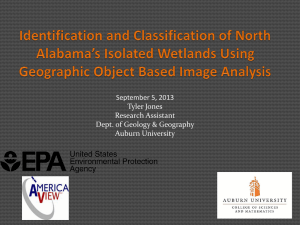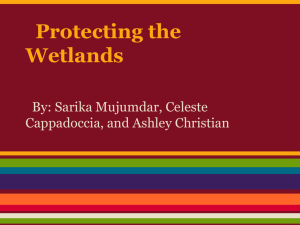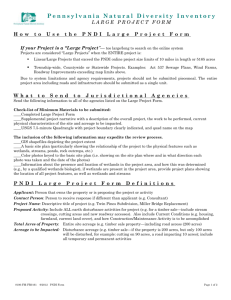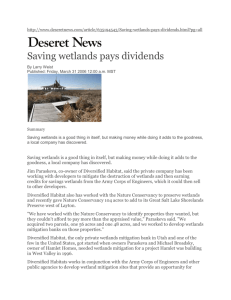StopPolyMet Comment Form
advertisement
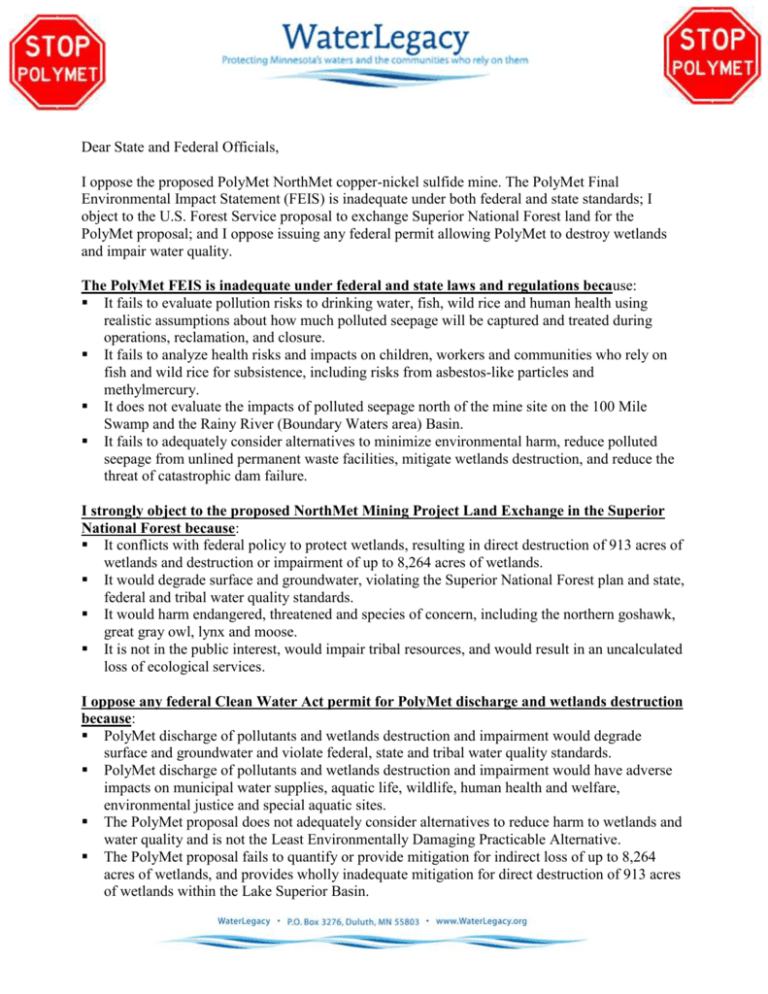
Dear State and Federal Officials, I oppose the proposed PolyMet NorthMet copper-nickel sulfide mine. The PolyMet Final Environmental Impact Statement (FEIS) is inadequate under both federal and state standards; I object to the U.S. Forest Service proposal to exchange Superior National Forest land for the PolyMet proposal; and I oppose issuing any federal permit allowing PolyMet to destroy wetlands and impair water quality. The PolyMet FEIS is inadequate under federal and state laws and regulations because: It fails to evaluate pollution risks to drinking water, fish, wild rice and human health using realistic assumptions about how much polluted seepage will be captured and treated during operations, reclamation, and closure. It fails to analyze health risks and impacts on children, workers and communities who rely on fish and wild rice for subsistence, including risks from asbestos-like particles and methylmercury. It does not evaluate the impacts of polluted seepage north of the mine site on the 100 Mile Swamp and the Rainy River (Boundary Waters area) Basin. It fails to adequately consider alternatives to minimize environmental harm, reduce polluted seepage from unlined permanent waste facilities, mitigate wetlands destruction, and reduce the threat of catastrophic dam failure. I strongly object to the proposed NorthMet Mining Project Land Exchange in the Superior National Forest because: It conflicts with federal policy to protect wetlands, resulting in direct destruction of 913 acres of wetlands and destruction or impairment of up to 8,264 acres of wetlands. It would degrade surface and groundwater, violating the Superior National Forest plan and state, federal and tribal water quality standards. It would harm endangered, threatened and species of concern, including the northern goshawk, great gray owl, lynx and moose. It is not in the public interest, would impair tribal resources, and would result in an uncalculated loss of ecological services. I oppose any federal Clean Water Act permit for PolyMet discharge and wetlands destruction because: PolyMet discharge of pollutants and wetlands destruction and impairment would degrade surface and groundwater and violate federal, state and tribal water quality standards. PolyMet discharge of pollutants and wetlands destruction and impairment would have adverse impacts on municipal water supplies, aquatic life, wildlife, human health and welfare, environmental justice and special aquatic sites. The PolyMet proposal does not adequately consider alternatives to reduce harm to wetlands and water quality and is not the Least Environmentally Damaging Practicable Alternative. The PolyMet proposal fails to quantify or provide mitigation for indirect loss of up to 8,264 acres of wetlands, and provides wholly inadequate mitigation for direct destruction of 913 acres of wetlands within the Lake Superior Basin. I request the Minnesota Department of Natural Resources reject the PolyMet FEIS as inadequate; the U.S. Forest Service reject the proposed exchange of Superior National Forest lands for the PolyMet project; and the U.S. Environmental Protection Agency veto and the U.S. Army Corps of Engineers deny any Section 404 permit that would allow PolyMet polluted discharge and wetlands destruction. I object to the land exchange under the Forest Service Rules found at 36 CFR 218; the responsible official for that decision is Superior National Forest Supervisor Brenda Halter. I submitted comments on the PolyMet SDEIS and/or I reject any claim that the objection process can be limited to people who commented prior to the draft land exchange Record of Decision. I request a specific response to my comments. Name: _________________________________________________ (PRINTED - required) _________________________________________________ SIGNATURE - required Address: _______________________________________________ (STREET ADDRESS- required) _________________________________________________ (CITY, STATE, ZIP CODE- required) Phone number: ___________________________________________ (Required for objections to be considered by the U.S. Forest Service) Additional comments: ________________________________________________________________________________________ ______________________________________________________________________________________________________________________ ______________________________________________________________________________________________________________________
